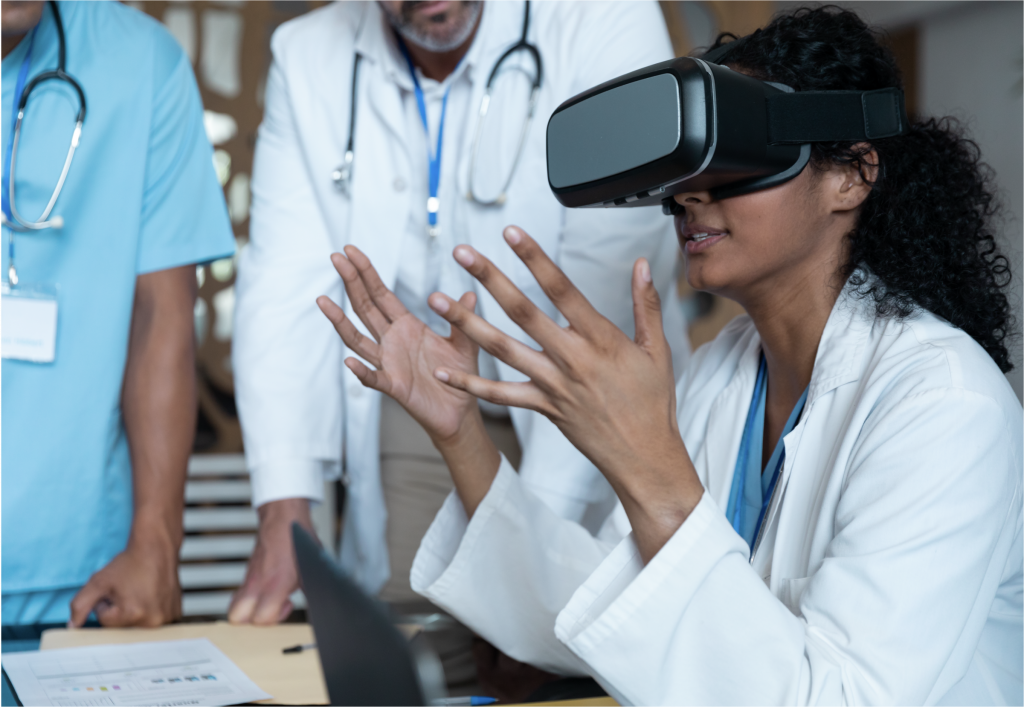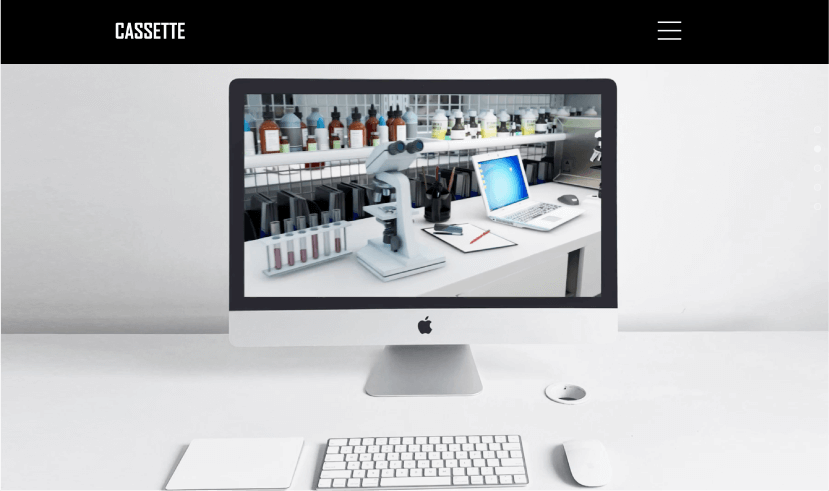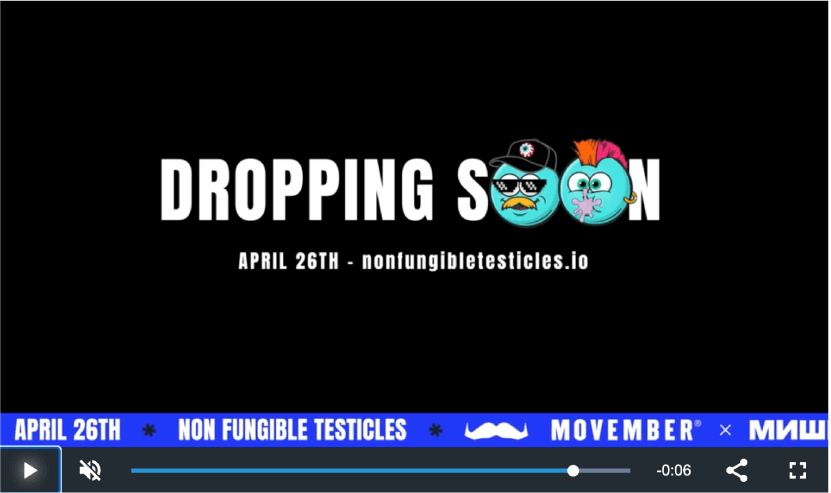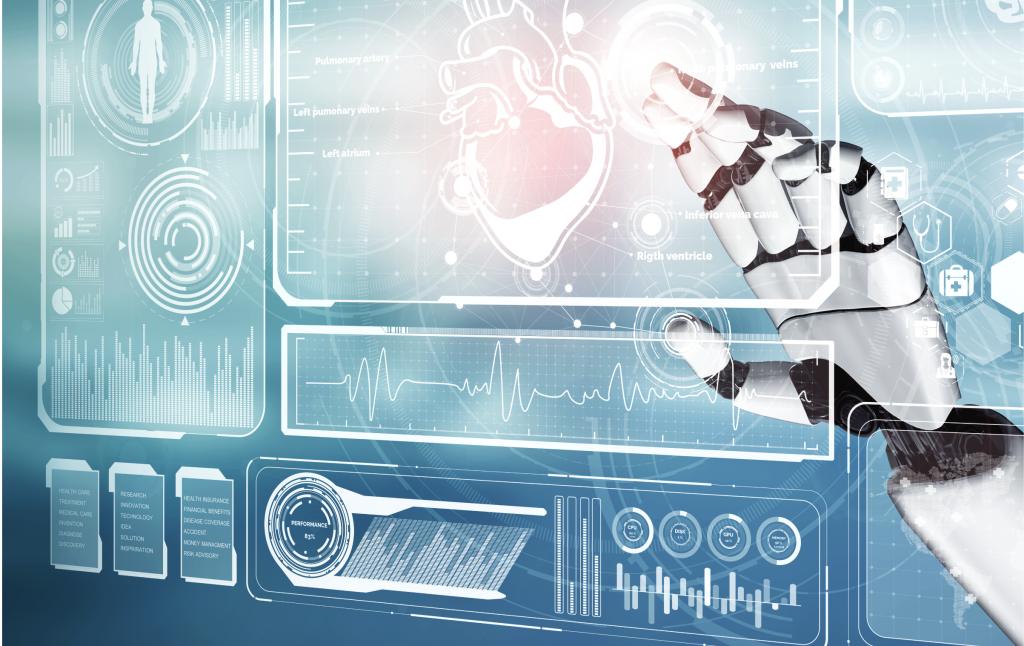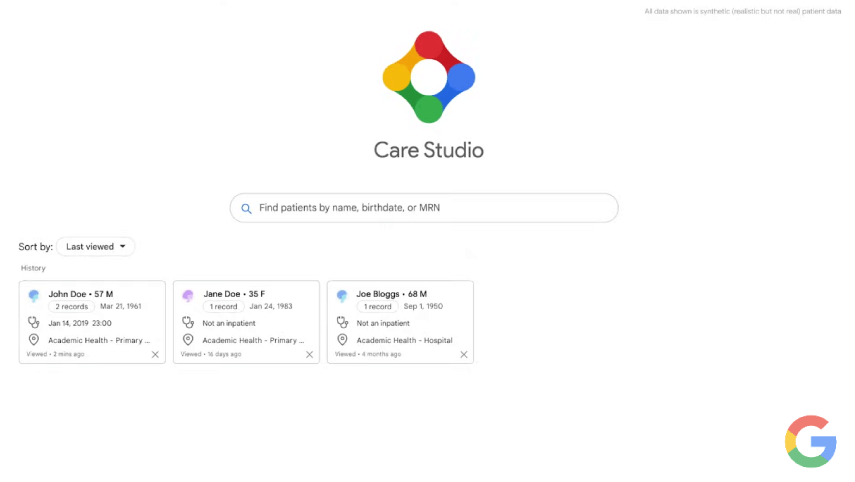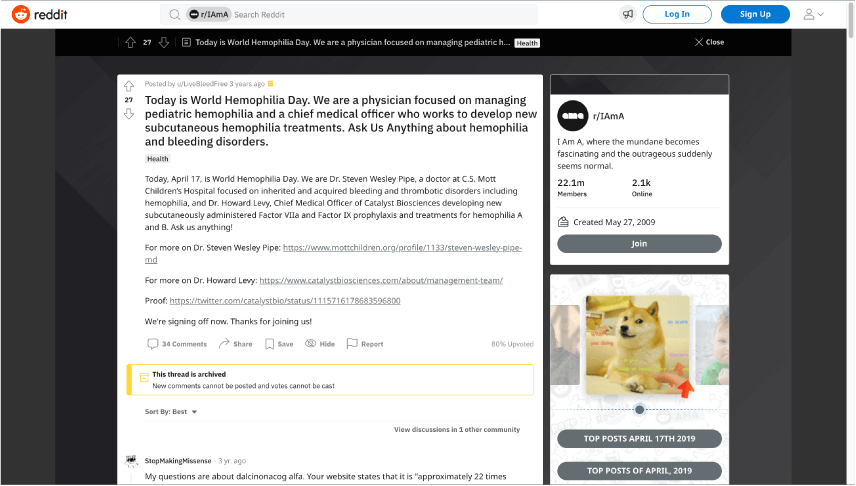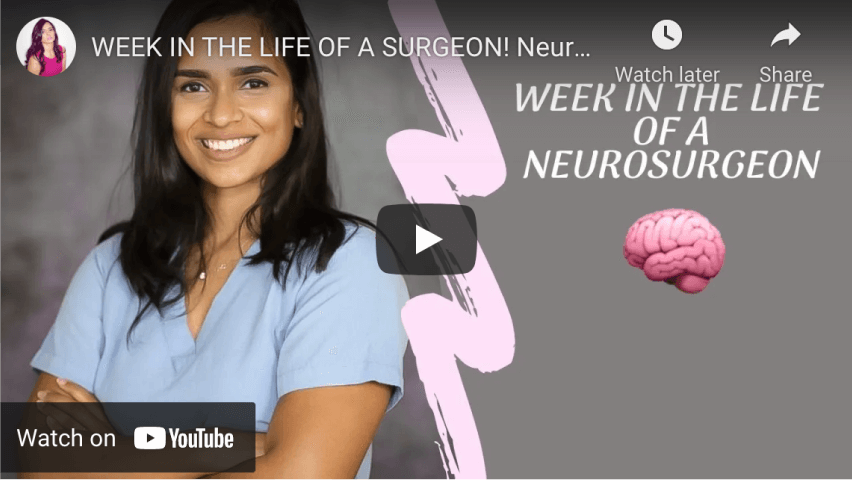
Welcome. Part of Propeller’s mission and promise is to be at the forefront of digital. We consistently strive to bring innovation and creativity to our healthcare partners and their customers.
It is in this spirit that we curate a quarterly experience, strategically selecting the latest, most important digital marketing trends and tech innovations—and assess the impact each of these has in healthcare, and why it’s important for you to know, now.
Together, let’s be experts and so on the Pulse!




